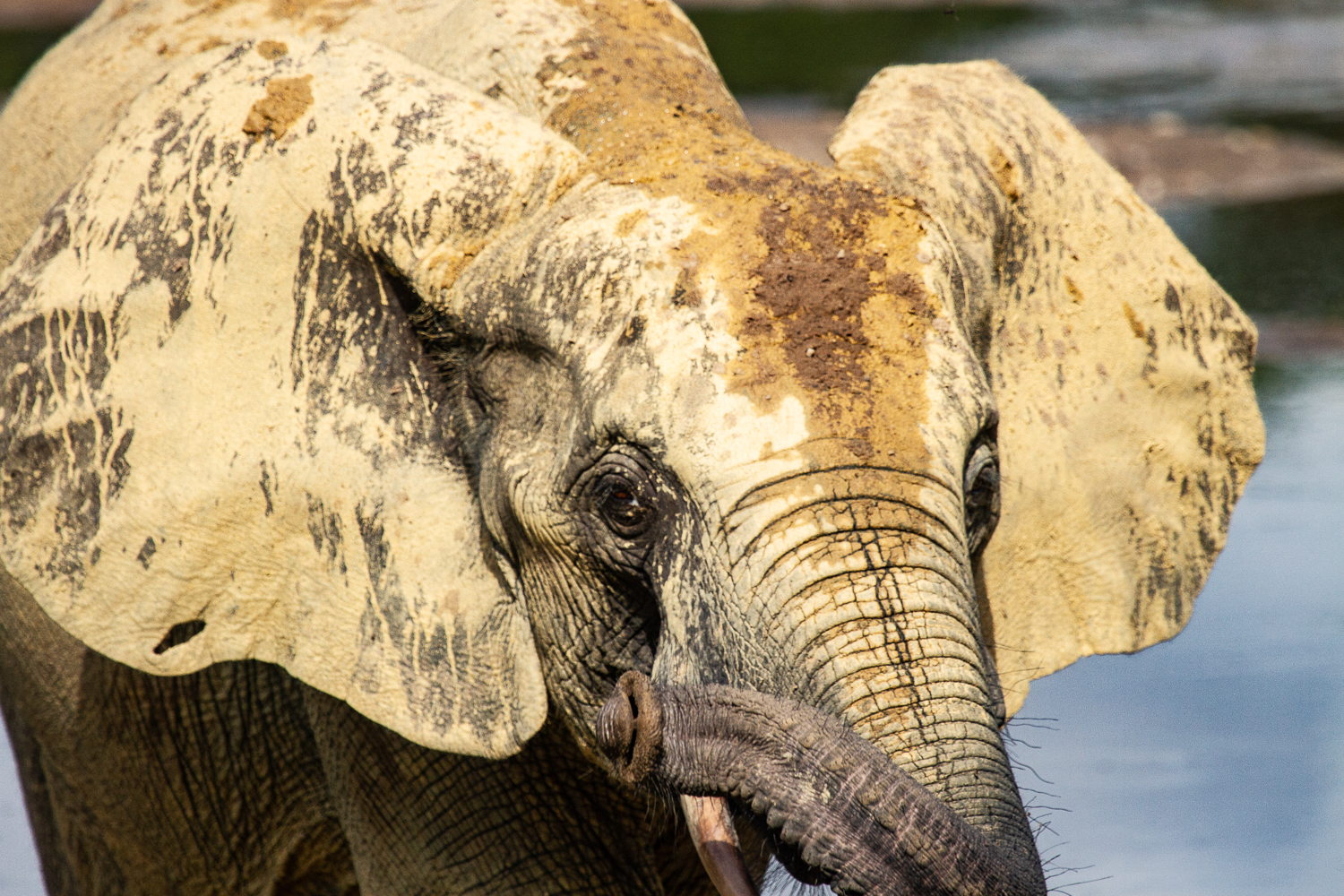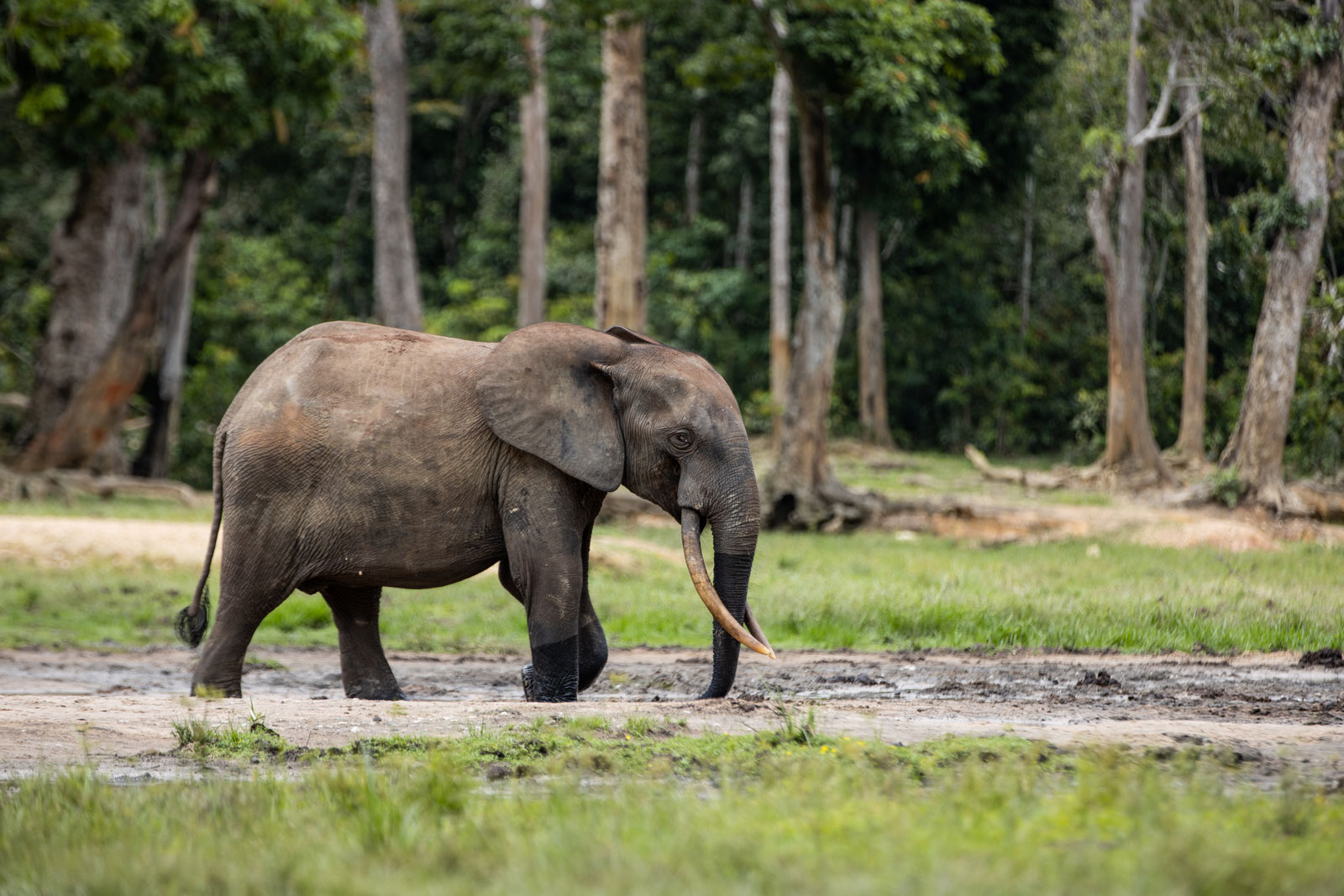
Following population declines over several decades due to poaching for ivory and loss of habitat, the African forest elephant is now listed as Critically Endangered and the African savanna elephant as Endangered on the IUCN Red List of Threatened Species TM.
Before yesterday’s update, African elephants were treated as a single species, listed as Vulnerable; this is the first time the two species have been assessed separately for the IUCN Red List.
The number of African forest elephants fell by more than 86% over a period of 31 years, while the population of African savanna elephants decreased by at least 60% over the last 50 years, according to the assessments. Both species suffered sharp declines since 2008 due to a significant increase in poaching, which peaked in 2011 but continues to threaten populations.
Other major threats to both African elephant species include the ongoing conversion of their natural habitats for agriculture and other land uses.

Despite the overall declining trend of both African elephant species, the assessments also highlight the impact of successful conservation efforts. Anti-poaching measures on the ground, together with more supportive legislation and land use planning which seeks to foster human-wildlife coexistence, have been key to successful elephant conservation and have allowed some populations to stabilise or even grow in recent years.
Participative management, sustainable development, education and anti-poaching work are key and reduced significantly the loss of elephants since 2018.
More News
Deciphering the Secret Language of Forest Elephants
Elephants don't just trumpet loudly. Much more often they communicate through a low-frequency rumble, which we humans often do not hear, but can sometimes feel.
Is it a boy? Or is it a girl?
Even habituated gorillas remain wild animals and can only be observed from a distance. That's why trying to identify the sex of a juvenile gorilla is like a game of chance, and even trained observers can hardly get more than a fifty percent hit rate.